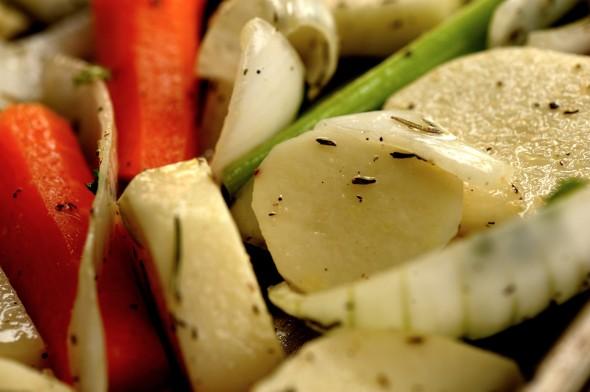According to traditional Chinese medicine, there is a close relationship between having nutritious food in the winter season and finding balance between yin and yang.
What we eat will create or remove blockages in our energy channels, as well as change our qi (energy) and blood circulation. During the cold winter season, having nutritious food is especially effective in improving our overall health and strengthening our immune system.




